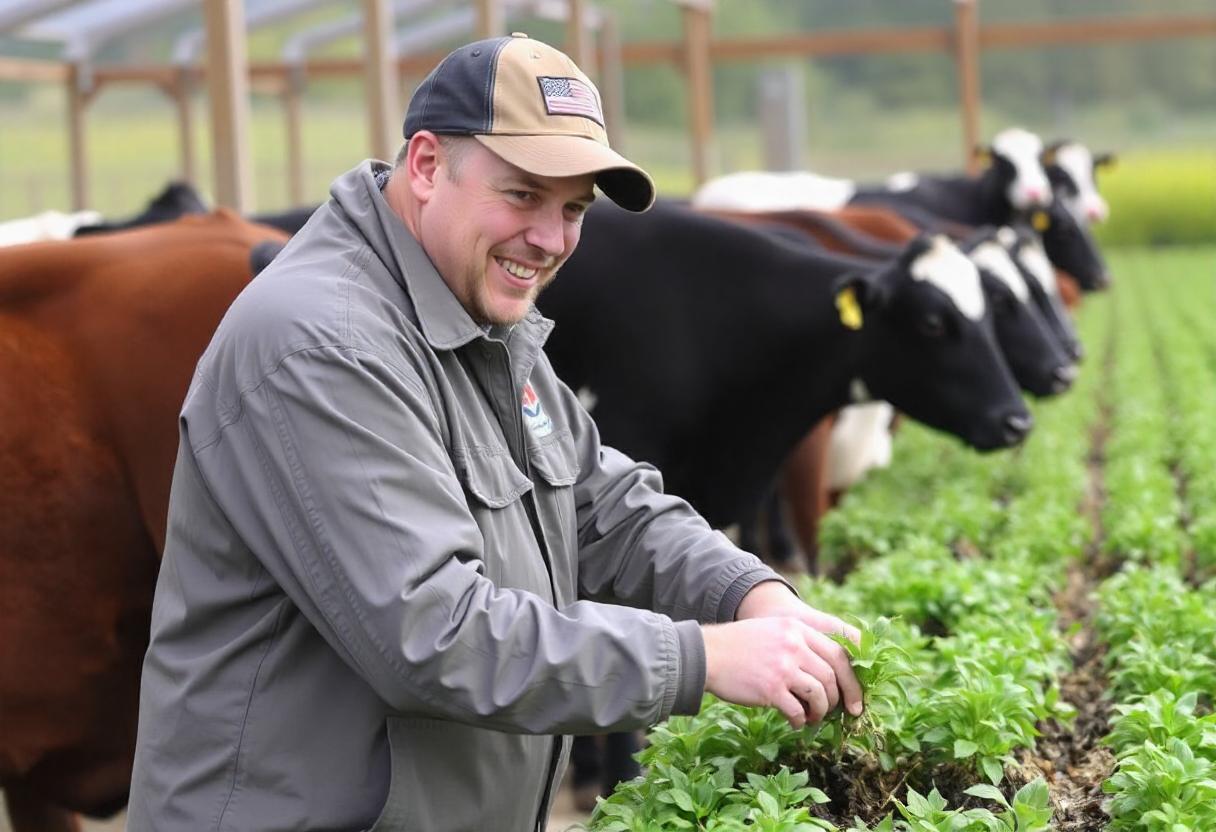
Agriculture training programs in Canada offer valuable education and hands-on experience for individuals interested in pursuing careers in the agricultural sector. These programs cover various aspects of agriculture, from crop and livestock management to sustainable farming practices and agricultural technology.
Types of Agriculture Training Programs
Canada provides a diverse range of agriculture training programs to cater to different interests and career goals. These programs include:
- Certificate Programs: Short-term programs designed to provide foundational knowledge and skills in specific areas of agriculture. These programs are ideal for individuals seeking to gain specialized skills quickly.
- Diploma Programs: More comprehensive than certificate programs, diploma programs offer in-depth training in various aspects of agriculture. They often include practical components, such as fieldwork or laboratory experience.
- Degree Programs: Bachelor’s and master’s degree programs in agricultural science or related fields provide advanced education and research opportunities. These programs prepare students for professional roles in agriculture, including management, research, and consultancy.
- Apprenticeships and Co-op Programs: These programs combine classroom instruction with practical work experience. Apprenticeships typically focus on specific trades within agriculture, while co-op programs offer broader industry experience.
Key Institutions Offering Agriculture Training
Several institutions across Canada offer specialized agriculture training programs:
- University of Guelph: Known for its strong agricultural programs, the University of Guelph offers undergraduate and graduate degrees in agricultural science, plant and animal biology, and food science. The institution is renowned for its research facilities and industry connections.
- Ridgetown Campus, University of Guelph: This campus provides diploma and certificate programs in areas such as agronomy, environmental management, and agricultural equipment. It focuses on practical, hands-on training and industry partnerships.
- Olds College: Located in Alberta, Olds College offers diploma and certificate programs in agriculture, including crop technology, animal science, and sustainable agriculture. The college emphasizes experiential learning and industry relevance.
- Lethbridge College: Offering a range of agricultural programs, including diplomas in agribusiness and animal science, Lethbridge College combines classroom learning with practical experience on its working farm.
- Nova Scotia Agricultural College (part of Dalhousie University): This institution provides undergraduate and graduate programs in agricultural sciences, with a focus on research and innovation in agriculture.
Program Features
Agriculture training programs in Canada typically include the following features:
- Practical Experience: Many programs incorporate hands-on training through labs, fieldwork, or internships. This practical experience is crucial for applying theoretical knowledge in real-world settings.
- Industry Connections: Programs often have strong ties to the agricultural industry, providing students with networking opportunities, industry insights, and potential job placements.
- Specializations: Students can often choose from various specializations within agriculture, such as crop management, livestock production, agronomy, or agricultural technology, allowing them to tailor their education to their interests.
- Sustainable Practices: Many programs emphasize sustainable and environmentally friendly farming practices, reflecting the growing importance of sustainability in agriculture.
Admission Requirements
Admission requirements for agriculture training programs vary depending on the institution and program level. Common requirements include:
- Educational Background: A high school diploma or equivalent is typically required for certificate and diploma programs, while degree programs may require specific high school courses or previous post-secondary education.
- Experience: Some programs, particularly at the diploma or degree level, may require relevant work or volunteer experience in agriculture.
- Entrance Exams: Certain programs may have entrance exams or assessments to evaluate a candidate’s suitability for the program.
Financial Aid and Scholarships
Many institutions offer financial aid and scholarships to support students pursuing agriculture training. Options include:
- Government Grants and Loans: Various federal and provincial programs provide financial assistance to students based on need or merit.
- Institutional Scholarships: Colleges and universities may offer scholarships based on academic performance, program-specific criteria, or financial need.
- Industry Scholarships: Agricultural organizations and industry groups may offer scholarships to support students in agriculture-related fields.
Overall, agriculture training programs in Canada provide a robust education and practical experience for those looking to enter or advance in the agricultural sector. These programs are designed to equip students with the knowledge and skills needed to succeed in a diverse and evolving industry.